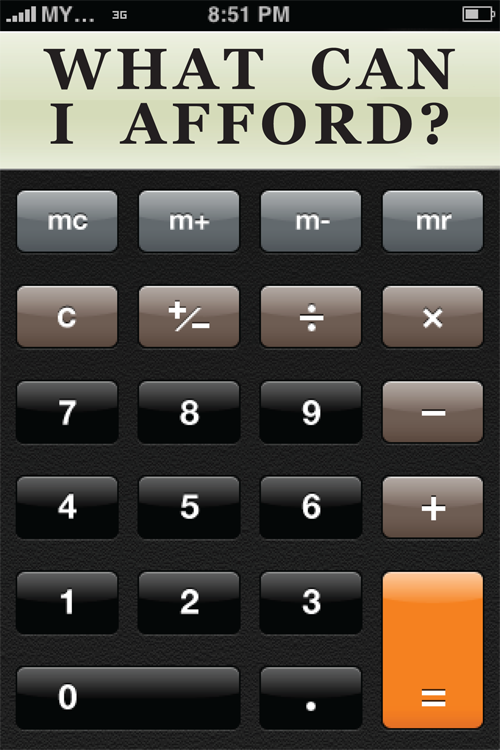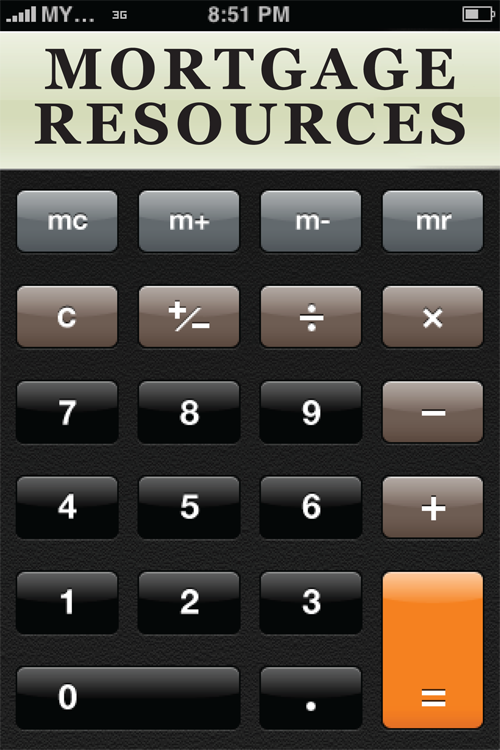



SHORT SALES
WHAT IS A SHORT SALE? A short sale is when the lender will allow a property to be sold for less than what is owed. This is different from a foreclosure, which is where the lender takes possession of the home back from the borrower. During a short sale, the borrower is usually (but not always) still paying their monthly mortgage payments. Their objective is to get the property sold while they are still in possession of it. When you participate in a short sale, you are working with the bank to find a situation that can be advantageous for both parties.
ADVANTAGES OF A SHORT SALE
1.
Less damaging to your credit than foreclosures
2.
Higher sales price - This is better for everyone involved and it is better for overall home values in your neighborhood.
3.
Reduced chances of vandalism - Someone destroying the property is far less likely if it is occupied by the borrowers than if it is just left vacant.
4.
It is considered the "right thing" to do by many versus foreclosures
DISADVANTAGES OF A SHORT SALE
1.
Tax ramifications from claiming the interest that has accrued on the mortgage
2.
Short sales take a long time to close and can be difficult to get approved by the lender. Often times a short sale can take up to six months after the initial offer to close escrow.
3.
It's not uncommon for a short sale to fail the FHA Loan Inspection - which means the number of qualified buyers for your property is significantly reduced.
4.
Lack of communication from the lender - The banks are in the business of banking, not real estate. This can make it hard at times to get a quick response to a simple question. This is where the patience and diligence of an expert REALTOR® is necessary.
WHAT HAPPENS TO THE MONETARY DISCREPANCY? Often times the lender will forgive this amount. However, it is not unrealistic for the lender to have the borrower still make payments on the amount that is not made up during the sale.
TIPS FOR BUYERS AND SELLERS INVOLVED
•
Deal with an experienced and patient REALTOR®
•
If you have a flexible moving date, you're in a good position.
•
Buyers - It is best to have 20% down. This will make your offer more attractive to the lender.
•
Sellers - You may need to make upgrades or improvements to the house in order for it to pass any and all inspections.
Great deals await you if you have the patience to deal with these opportunities! Overall, you can get up to a 30% discount.


2702 Douglas Street
© 1999-2011 Landmark Group
Omaha, NE 68131
Phone: 402.553.8111
Fax: 402.553.8308


JOIN OUR STAFF!
We are always looking for talented professionals to add to our team. Click here to see our openings.
We are always looking for talented professionals to add to our team. Click here to see our openings.














